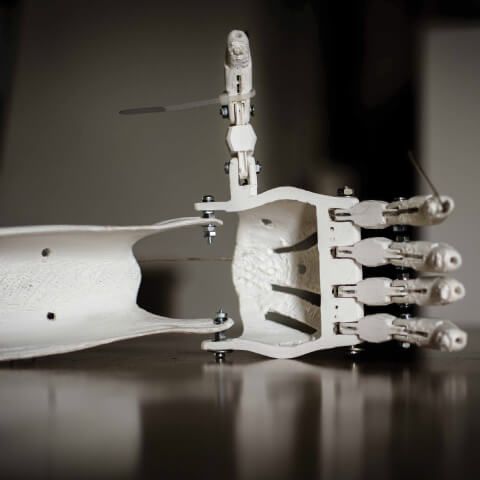Israeli researchers kill a cancerous tumour with synthetic cells

Israeli scientists and researches have been at the forefront of extensive studies on cancer and cancer treatment over the past several decades. With the disease being the main cause of death in Israel, universities, medical centres, hospitals, and labs have taken the lead in developing innovative care plans and undertaking sophisticated research to help advance understanding and knowledge of cancer, of which there are over 100 types, and for which there is no known cure.
Israeli scientists at the Technion-Israel Institute of Technology have successfully treated a cancerous tumour, eradicating its cancer cells using a “nano-factory” – a synthetic cell that produces anti-cancer proteins within the tissue, the Technion announced in February.
Synthetic cells, the prestigious Haifa-based university says, “are artificial systems with capabilities similar to, and, at time, superior to those of natural cells.”
After experimenting with the synthetic cells in a lab, the technology was tested on mice where the proteins produced by the engineered particles eradicated the cancer cells once they reached the tumour, the Technion said.
Assistant Professor Avi Schroeder at the Wolfson Faculty of Chemical Engineering at the Technion who co-led the research with doctoral student Nitzan Krinsky said, “By coding the integrated DNA template, the particles we developed can produce a variety of protein medicines. They are modular, meaning they allow for activation of protein production in accordance with the environmental conditions.
“The artificial cells we’ve developed at the Technion may take an important part in the personalised medicine trend – adjustment of treatment to the genetic and medical profile of a specific patient,” he added.
Harnessing light and gold for drug-delivery in treatments including cancer
Also at the Technion, Israeli scientists announced this year that they have developed technology that enables drug delivery to target diseased tissue only, using light and gold particles, which can be used to make cancer treatments, for example, more effective.
The system harnesses the particles to specifically target the affected tissue, like a tumour, rather than dispersed throughout the body which is often harmful, the university said. “A prime example of this is the use of chemotherapy drugs, which work to block cell division, causing hair loss and bowel issues in cancer patients (hair growth and waste elimination both depend on rapid cell turnover),” the Technion said in a statement.
The scientists are aiming to tackle head and neck cancers specifically, because “a major problem in the treatment of those cancers is their resistance to traditional radiotherapy,” Aron Popovtzer, a clinical professor of oncology at the Sackler Faculty of Medicine and the Tel Aviv University, who led the study, told the Times of Israel in February.
“From previous studies, we knew that gold helps increase the intensity of the radiation absorbed by tumours,” he went on. “But if you inject gold particles into a person, it can go anywhere. The key was to get the gold to settle onto the tumours.”
The non-invasive drug-release method uses a unique polymer coating that contains nanoscale gold particles along with the drug itself, the Haifa-based university said. The drug only releases when a light shines on the gold particles, causing the polymeric coating to melt. The drugs are injected into the bloodstream but only activated at the targeted location, using the external light on the gold particles to find the location of the affected tissue.
Continue reading about the other leading breakthroughs in cancer research and detection on NoCamels.
Words taken from the article published on NoCamels on April 12, 2018.







